Government

"The Problems of Third World Development"
The text is an excerpt from the 1974 Houari Boumédiène’s speech to t
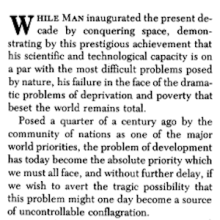
Short Teaching Module: The Nonaligned Movement and Cold War Détente
Since the early Cold War, neutral and nonaligned countries sought to
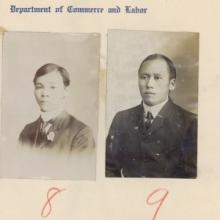
Primer: Borderlands History
Borderlands history studies the making and crossing of borders. While the term “borderlands” has no fixed definition, it can refer to spaces of encounter between different peoples and political entities.
Statute of the International Criminal Tribunal for Rwanda, 1994
Established in November of 1994 by Resolution 955 of the United Nations Security Council, the International Criminal Tribunal for Rwanda (ICTR) was intended to try those responsible from the Rwandan genocide ethnic Tutsi and politically moderate Hutu and other Rwandan violations of international
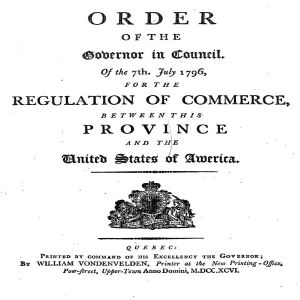
Quebec Order, 7 July 1796
Only a few years after the ratification of the United States Constitution in 1788 and following the peace treaty signed between the U.S.

Kansas-Nebraska Act, 1854
By the 1850s, tensions in the United States were falling in around a major issue: slavery. As the country expanded relentlessly westward and more territories and states were coming into existence, the question of slave states versus free states grew in its intensity.
Analyzing Official Documents
Official documents produced by governments, supranational organizations, courts of law, and more are abundant in supply, but can be intimidating and confusing to approach. They are often filled with language that seems convoluted, emotionless, and highly technical.
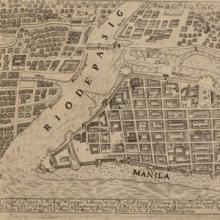
Primer: Global Urban History
Urban history is a rich subfield of historical scholarship that examines life in urban spaces, how communities within cities interact and coexist, as well as the process of city formation and urbanization.
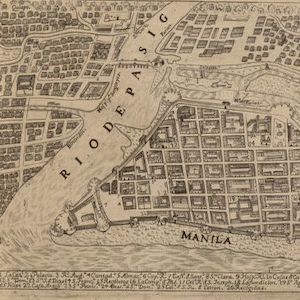
Map of the Philippines, 1734
The city of Manila is a perfect place to think about the importance of cities to world history.
